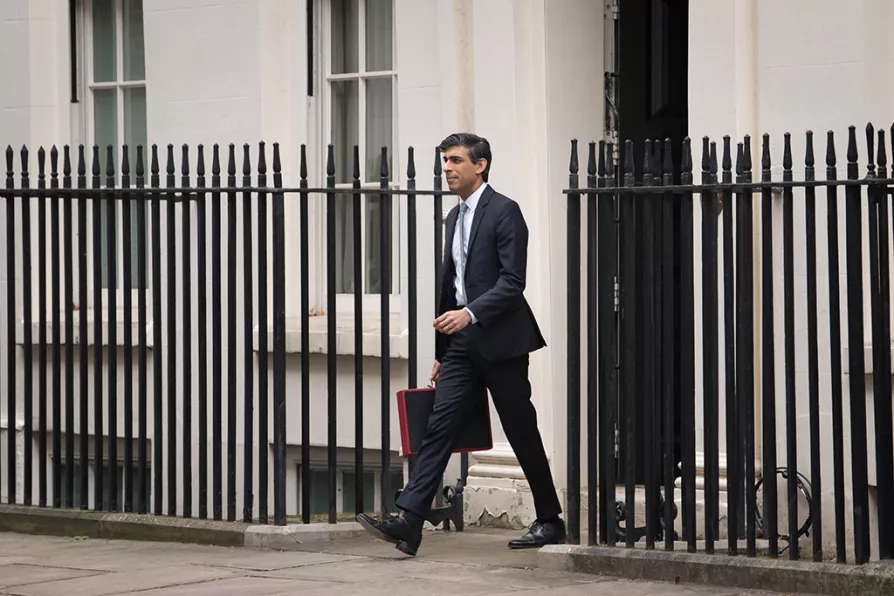The PM says Mandelson 'betrayed our values' – but ministers and advisers flock to line their pockets with corporate cash, says SOLOMON HUGHES


MATHEMATICALLY, it was impressive stuff. Chancellor Rishi Sunak stood at the House of Commons dispatch box and reeled off a series of bountiful spending statistics.
For this year and next, he pledged an extra £65bn support for the economy in the face of the coronavirus crisis. The furlough job subsidy scheme will be extended until the end of September (£7bn) along with aid for the self-employed (£11bn net); reducing VAT will save the hospitality and leisure sectors almost £5bn; and businesses will benefit from higher capital investment allowances (£25bn), a rates freeze (£7bn) and many other grants and tax breaks.
Extending the £20 a week uplift in universal credit to the end of September will cost the Treasury just over £2bn and paying £500 to some working tax credit recipients about £765m.

Under current policy, welfare cuts are just a small downpayment on future austerity, argues MICHAEL BURKE














